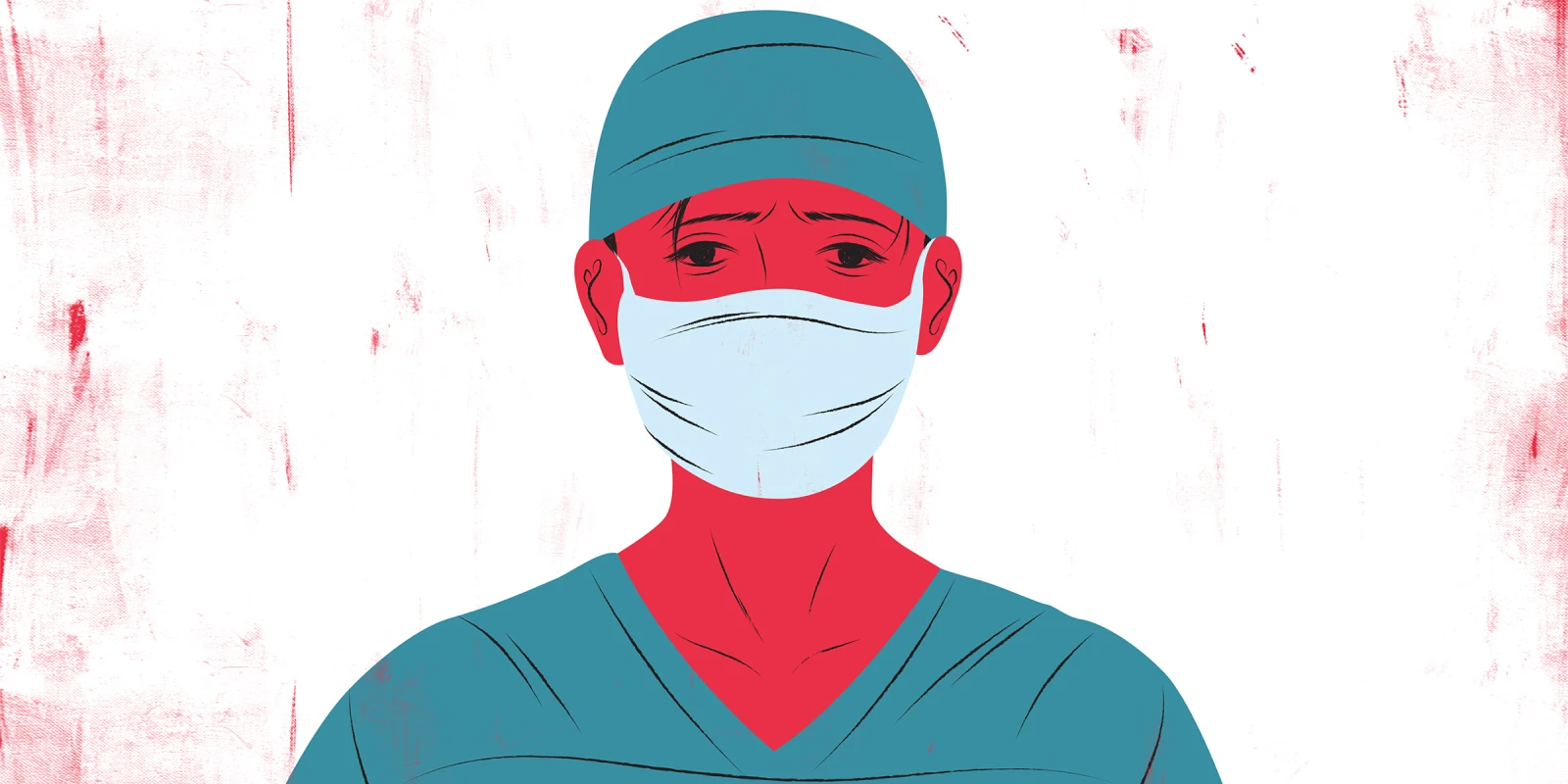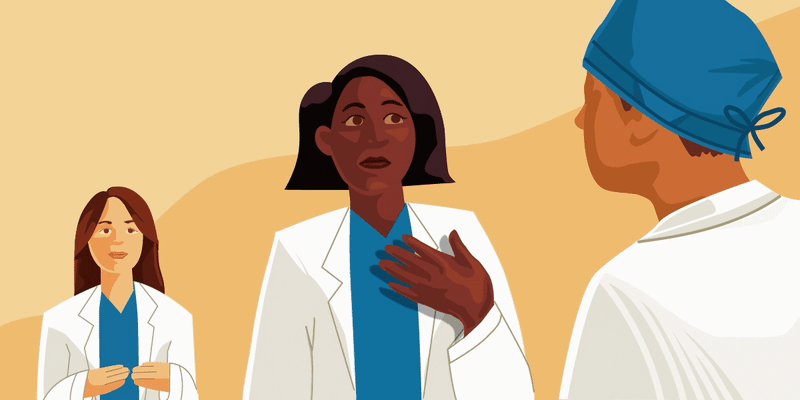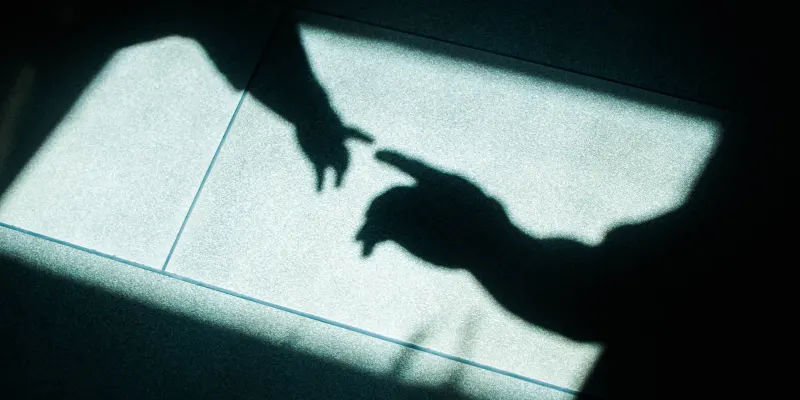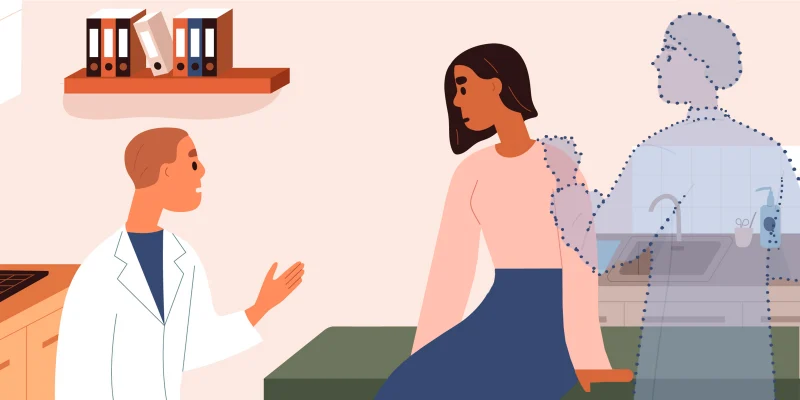A few months ago, during my first year of child and adolescent psychiatry fellowship, a case deeply hurt my heart and pride. I did not recognize my pain right away, at least not its nature. The case was not unique, and that was the problem.
As part of a treatment team, I had spent a few weeks taking care of a child who presented with aggression and self-injury in the setting of mood instability, trauma history, and oppositional behavior. During the hospitalization, it became increasingly clear to the treatment team that the child's relationship with her mother was central to the former's mood instability and self-harm. Mom would call us, increasingly irate throughout the hospitalization, telling us we had done nothing. Then she would call her child on the unit and berate her. Afterward, the child would argue with staff, becoming dysregulated over the smallest boundary setting. During interactions with mom, the other team members and I would do our best to endure her verbal abuse toward us. For me, this often meant going quiet and still, to the point of feeling inert.
Despite our best efforts to engage the family and access resources in the community, the child went home. To me, her prognosis seemed no better than when she had arrived. After she left, I initially felt tired and then angry and resentful. The logical part of me understood that nothing happens overnight, that we all try and do a little better each day, and that this can be the nature of the beast. The emotional part of me catastrophized. How was I supposed to keep doing this work every day and keep a professional composure? Why hadn't I told the mother, in no uncertain terms, what her behavior was doing to her child? After all these years of training, why had I still gone quiet when I needed my voice the most?
I relayed these feelings to my program director the morning after my patient was discharged. In his reasonable, gentle way, he reminded me of a concept I had learned about in residency but never applied to myself: moral injury.
Moral injury refers to the cognitive and emotional damage individuals experience when they have perpetrated, witnessed, or failed to prevent acts that go against their own beliefs and values. This phenomenon has been studied in military veterans. It has also gained recognition among medical care practitioners as a significant source of burnout. Unlike PTSD, a moral injury does not require a threat to your life and limb. Instead, it may feel as if you have betrayed your spirit.
Shame is integral to this picture, as I saw from my own experience. Unlike guilt, it is a more global assessment of self. I felt frustrated by my ineffectiveness. I was further embarrassed by my bruised pride. I could not formulate the words to explain to my peers why I felt the way I did, and I felt further disconnected from them when I tried.
To begin the healing process, I first had to recognize what had happened and recognize myself as having an injury. I read about moral injury and applied the concepts to my experience to do so. Instead of pushing away the pain and embarrassment, I had to sit with these unpleasant emotions. I had to go back to a dialectical behavioral therapy concept we teach many patients — radical acceptance.
For me, this had two parts. The first was to accept the external limitations my team faced in trying to help our patient. The already-stressed mental health system was even more limited in the face of a pandemic. Our treatment team had advocated for as many services as we could for this family to the best of our ability. Parent and child were navigating their circumstances the way they knew, even if that came across in interactions with the team as help-rejection and hostility. I did not have to be OK with these elements existing, but I did have to recognize that they were present and had contributed to the clinical picture.
The second part was to accept (after much soul-searching) that I had done the best I could at the time in these challenging moments. And I would continue to do so. Sometimes, things might get a bit better, and sometimes, despite my best efforts, they would worsen. Some days, I would know how to face a situation more skillfully because I had encountered it before. And some days, I would be tired, hurt, and lose my voice.
And all this meant, all this has ever meant, is that I am human. And if I am human, with vulnerabilities and limitations, then so are the clinicians working beside me. Each one will have days where their hearts will hurt, and they wish they could have done more. They will get angry and tired. Hopefully, they will find compassion, if not within themselves, then with their colleagues, friends, and family. And if they cannot, I hope they find it in this writing and that it helps ease a burden of shame they do not have to carry.
The practice of medicine is about being very pragmatic and doing as much as possible with as little as possible. At the same time, being pragmatic about ourselves can be an incredibly challenging practice. Recognizing oneself as capable of being hurt — and understanding that this hurt can endure through time — may feel like a dangerous thing. But to heal, we have to acknowledge our hurt. Not doing so means continuing to feel disconnected and paralyzed. Pain is a part of being human. Suffering does not always have to be. Acknowledgment of pain is essential so that we may be free from suffering and not become adrift from our core values. Acknowledging moral pain is a step to staying human in medical practice.
Have you ever endured a moral injury? How did you reckon with it, and what was your recovery approach? Share your experiences in the comments below!
Dr. Vishnupriya Samarendra completed her general psychiatry training at Westchester Medical Center and is board-certified in general psychiatry. She is a child and adolescent psychiatry fellow at Westchester Medical Center. She is interested in outpatient psychiatry, therapy, and family work.
Image by Ken Tackett / shutterstock






